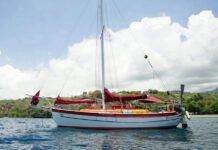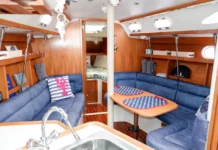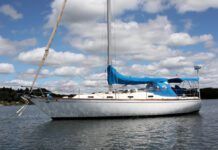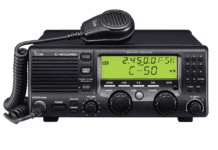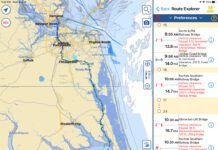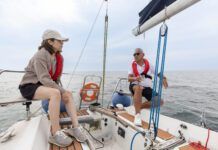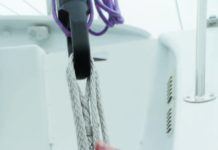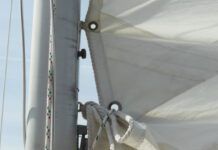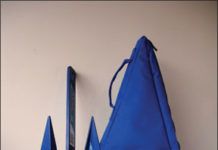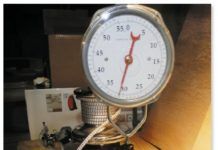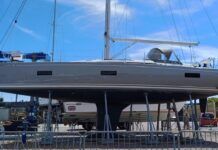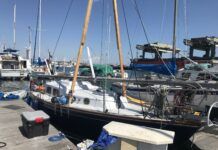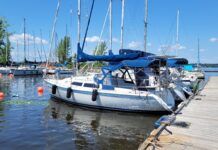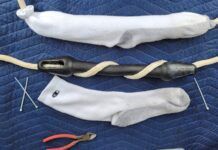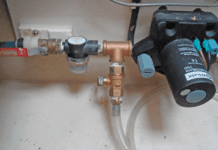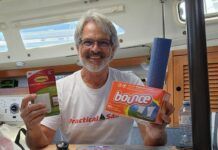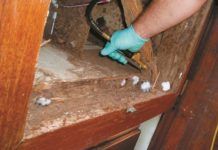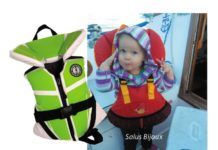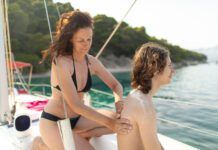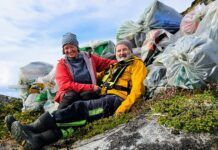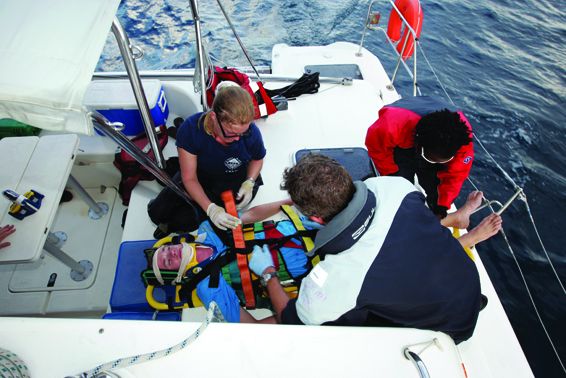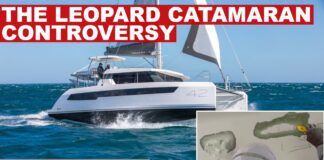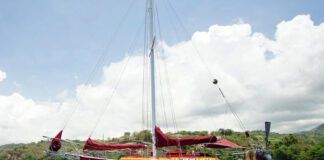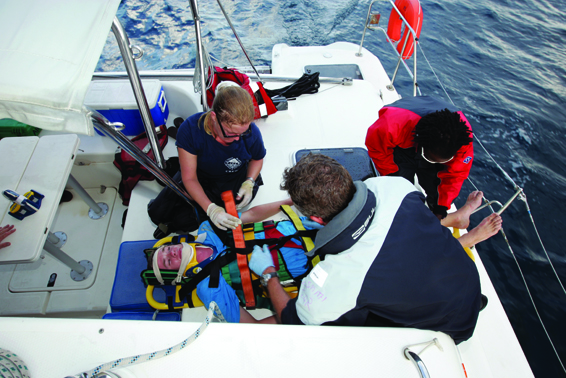
Photy by David Liscio
The bottom line is that when you do decide to embark on a more prolonged cruise, you will almost surely find yourself in a situation where you have to be your own doctor, if only temporarily. Like storms and squalls and reefs, illness is something we should try to prepare for as much as possible. Though it is reassuring that such rescues at sea are possible in worst-case situations like the Kaufmans, it would be wrong (and potentially fatal) to embark on any cruise without making our own health and the health of our crew a top priority.
As an update to this story, the Kaufman’s did have a satellite phone on board, and, apparently, the medication required to treat their sick child. However, it appears the satellite phone did not work. The Kaufman’s filed a lawsuit against the service provider earlier this year.
Editor’s note: For those inclined to donate, a fundraising site has been set up to help the Kaufman family.


